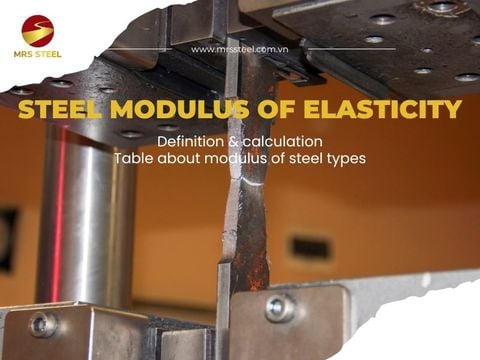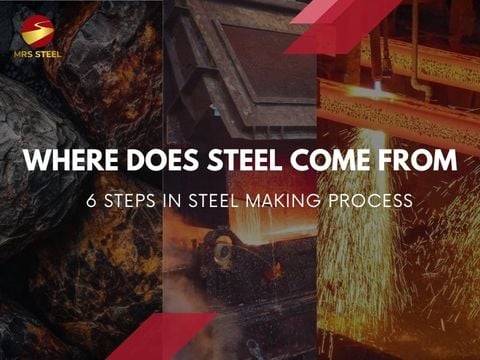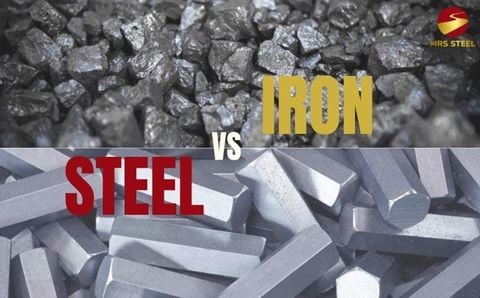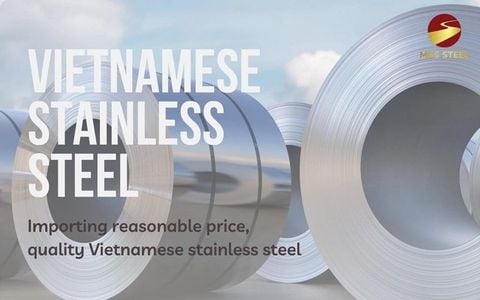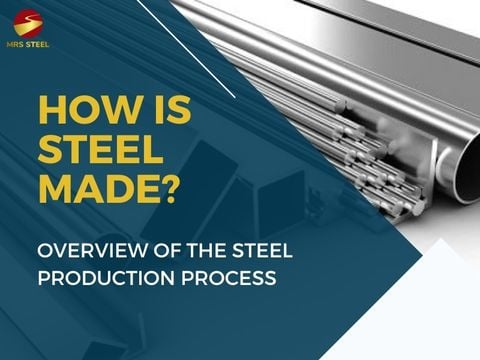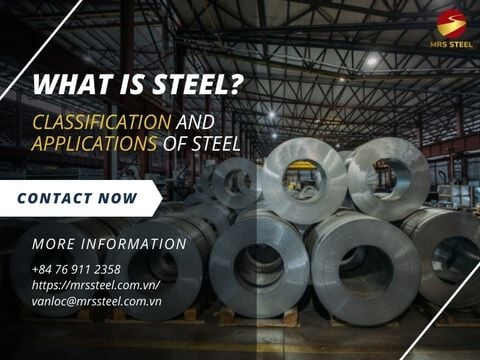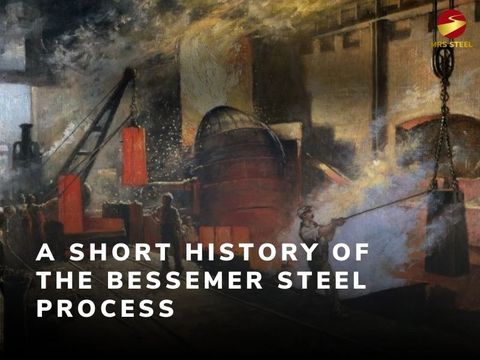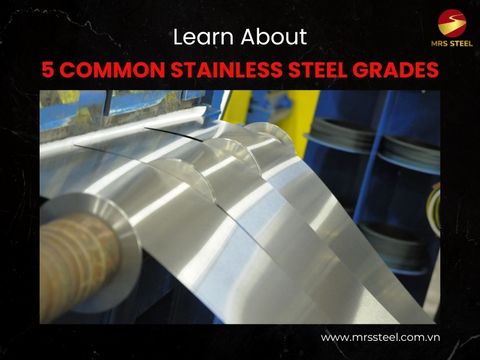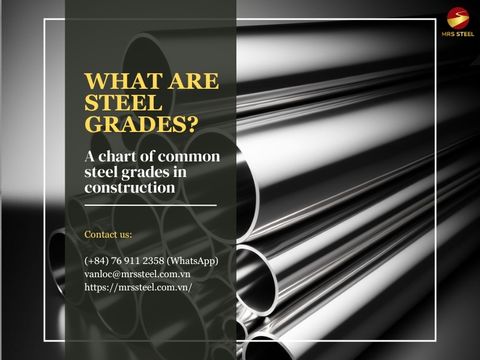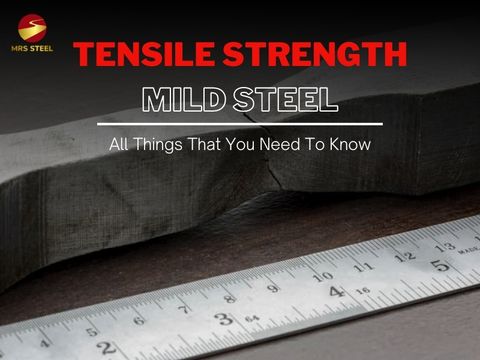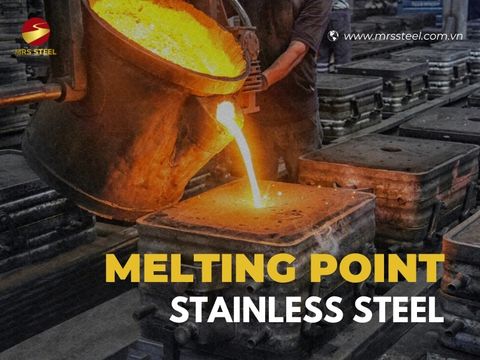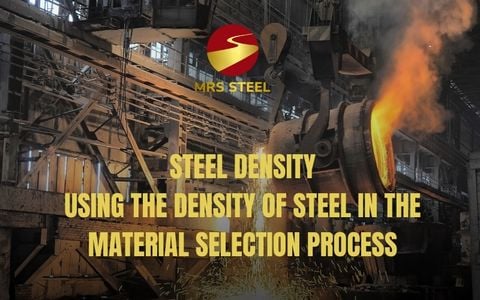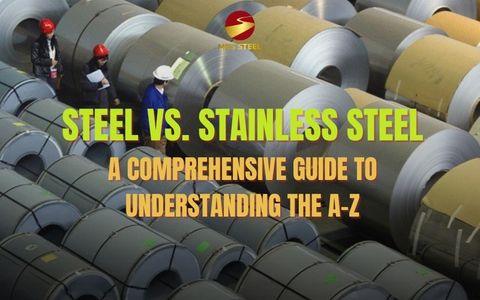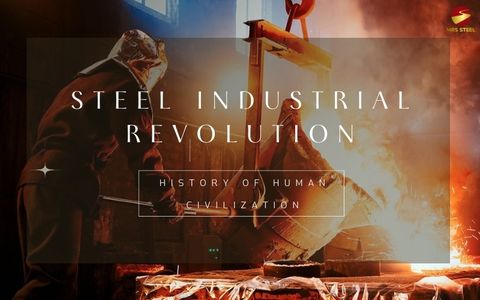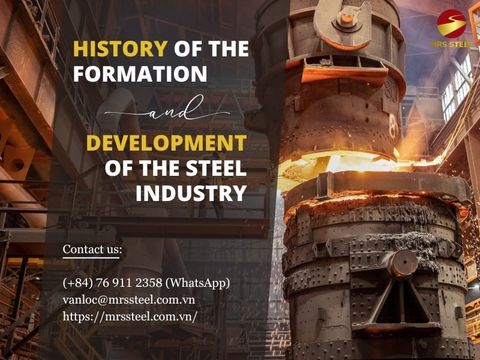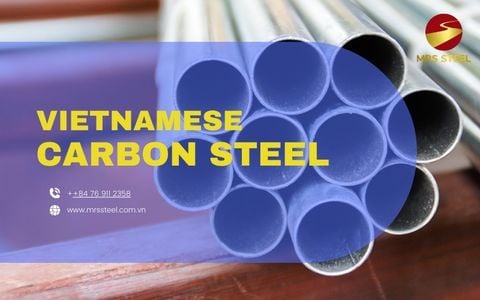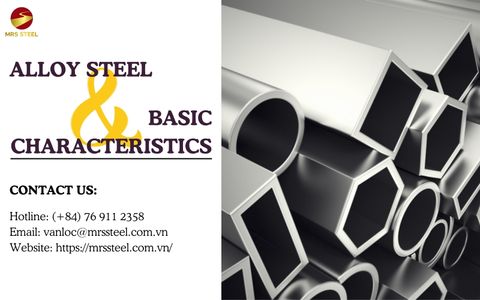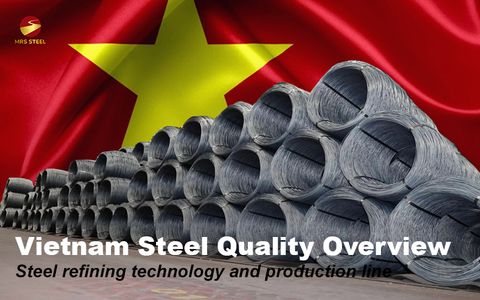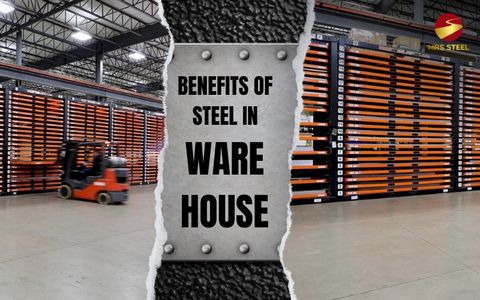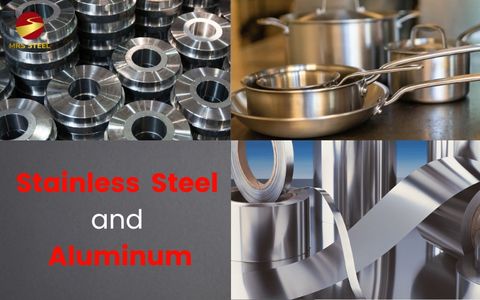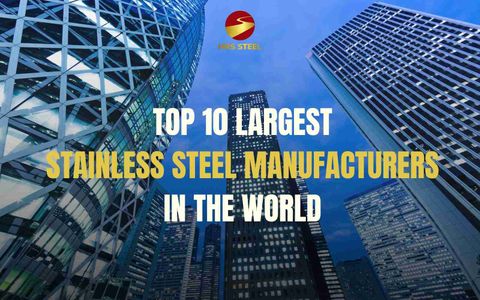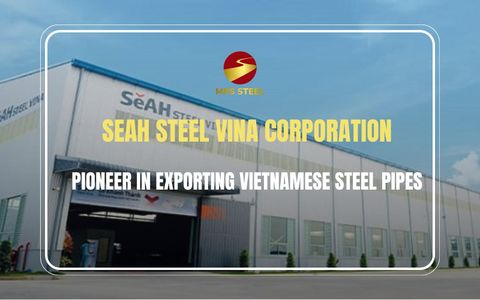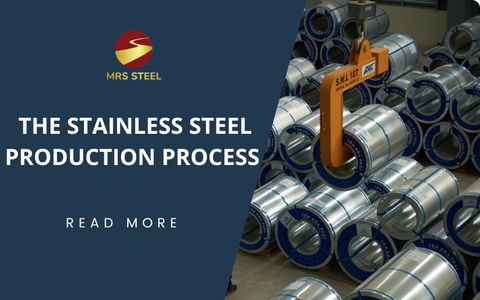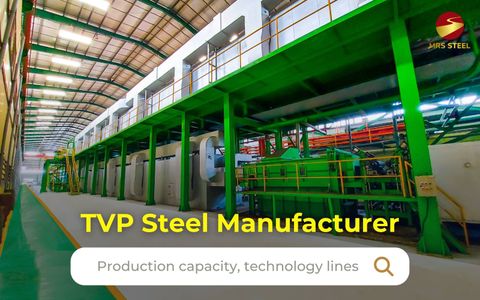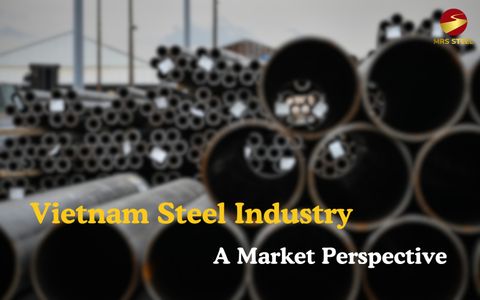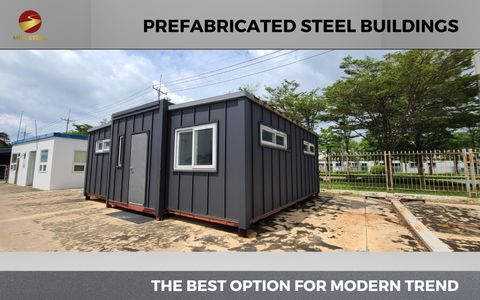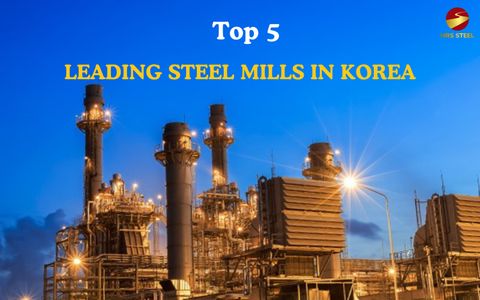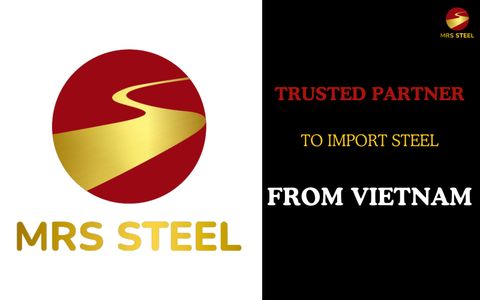The Role And Benefits Of Steel Recycling In The Economic Context
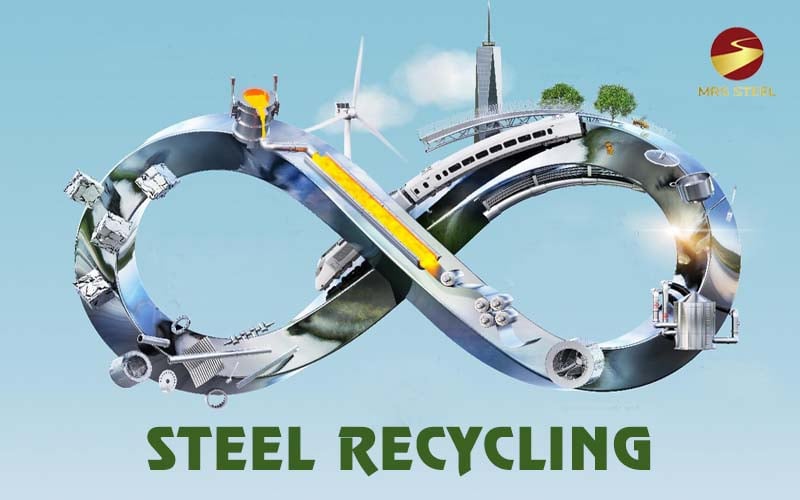
BlogDate: 01-02-2024 by: Ngan Le
Steel is one of the most common materials in the world as it appears everywhere from skyscrapers to a presence in consumer goods daily. There have been some questions about whether the depletion of steel raw materials will occur, in fact, steel has an endless recycling capacity and manufacturers took advantage of “steel recycling” method to produce steel for a long time.
The position of steel recycling in the eco-friendly manufacturing trending
Environmental protection has always been a top concerned topic when the climate is clearly changing, which has seriously affected the ecosystem. In addition to some measures preventing environmental waste such as limiting the use of plastic and not littering, the application of steel recycling is a solution that brings optimized cost along with saving resources.

Steel recycling brings endless value to the economy because it is conservation and is a radical solution to wasting resources. Because steel has metallurgical properties, meaning that it can be melted and solidified later. Let's think about how millions of tons of scrap steel each year, instead of being discharged into the environment, are melted down to continue to be used for the manufacturing industry. According to statistics, steel is the most recycled building material in the world with about 40% of total steel production based on scrap recycling.
The benefits that steel recycling brings to eco-friendly economy
Steel recycling creates an endless ring
An interesting fact about steel is that they can be recycled consecutively without losing their inherent durable properties. The iron elements in steel cannot be destroyed, so the manufacturer will proceed to melt the steel and add some other alloying elements to create new steel products. Just like that, the life cycle of steel repeats continuously and helps many businesses optimize costs in exploiting materials for production.
Saving energy & natural resources
Recycling steel allows people to better protect natural resources as the energy used in recycled steel will be much less than making steel by blast furnace production. For each ton of recycled steel, 1 ton of iron ore and 600 kg of coal are saved. Moreover, the energy saved from steel recycling can be used for more than 18 million households in 1 year.

Reduce waste
Thanks to recycled steel, the area for landfill has been significantly reduced because scrap collection is the first process to be able to recycle steel. Every year, the world produces an average of 1 billion tons of steel and without recycling methods, the world's waste will have no place to be.
Decreasing emissions
According to research, every 1 ton of steel produced from ore is equivalent to releasing 100 kg of dust and 10,000m3 of emissions to the environment because producing steel from ore requires a lot of coal and the ore itself contains only 50% of iron. Meanwhile, scrap steel contains up to 97% of iron, so recycling through scrap steel can significantly reduce emissions to the environment and help businesses save costs of input coal.
Create more jobs and income for people: the steel recycling industry has been creating jobs for hundreds of thousands of people around the world by collecting scraps or conducting sorting in recycling plants .Thanks to that, the number of unemployed people will be reduced and social evils will be limited.

Currently, Vietnam is also one of the countries that have policies on greening in production and more Vietnamese businesses have begun to pay attention to the promotion of recycling. For example, Hoa Phat has built a blast furnace slag recycling plant to produce cement, they also invested in a heat-to-electricity conversion line to prolong the added value chain, reduce waste treatment costs and protect the environment.
Recycling steel is now considered a very viable option for the economy because it helps to conserve energy, supports businesses in proactively having available input materials when there is no need to exploit natural materials.




















